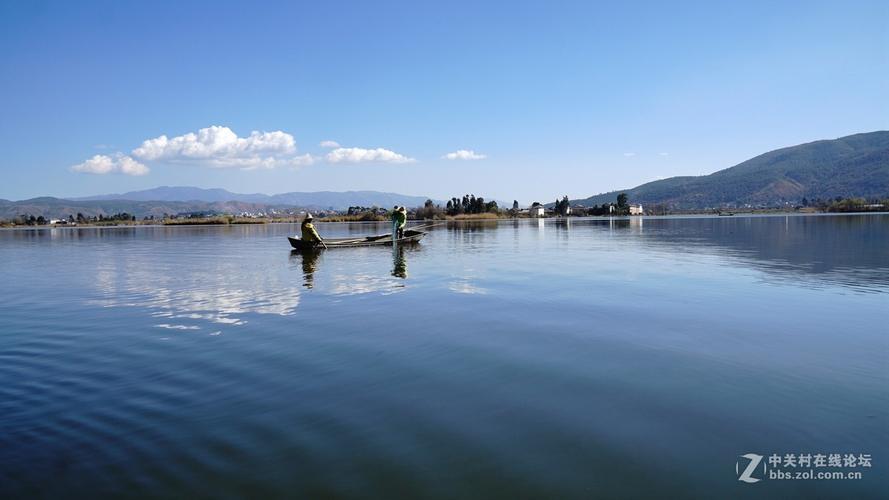As the world becomes more interconnected, the importance of global trade grows. However, it’s not just businesses that are involved in trade; governments are, too. Tariffs are one of the ways that governments participate in global trade, and they can have significant impacts on trade relations. In this blog post, we’ll dive into the tariff system and explore how customs impacts global trade.
First, let’s define what we mean by the tariff system. Simply put, tariffs are taxes on imports or exports. When a good is imported into a country, the government will charge a tariff on that good. This makes the good more expensive for the importer, and can dissuade them from buying it. On the other hand, when a country exports a good, they may charge a tariff on that good in order to make it more expensive for foreign buyers.
Tariffs can be used for a variety of reasons, including protecting domestic industries, raising revenue for the government, and addressing trade imbalances. For example, a government may charge a tariff on imported steel in order to protect their domestic steel industry. Alternatively, a government may charge a tariff on a good that is being imported in large quantities, in order to balance their import and export figures.
However, tariffs also have significant impacts on global trade. When one country charges a tariff on another country’s exports, it can start a trade war. This is where countries impose tariffs on each other in retaliation, which can lead to a decrease in global trade and a rise in prices for consumers. In addition, tariffs can make it more difficult for businesses to operate. By making goods more expensive to import or export, it can limit the number of buyers and sellers in a market, which can lead to less competition and higher prices.
Customs regulations are an important part of the tariff system. Customs departments are responsible for collecting tariffs, ensuring that goods are properly declared, and preventing illegal imports and exports. They play a crucial role in global trade, as they are the first point of contact for international trade transactions. Customs regulations can vary significantly from country to country, and can impact the speed and ease of trade.
In conclusion, the tariff system and customs regulations have far-reaching impacts on global trade. While they can be used to protect domestic industries and address trade imbalances, they can also lead to trade wars and higher prices for consumers. Customs departments play an important role in enforcing these regulations, but they can also impact the speed and ease of trade. As the world becomes more interconnected, it’s important to understand how these systems work and how they impact global trade.
(Note: Do you have knowledge or insights to share? Unlock new opportunities and expand your reach by joining our authors team. Click Registration to join us and share your expertise with our readers.)
Speech tips:
Please note that any statements involving politics will not be approved.
